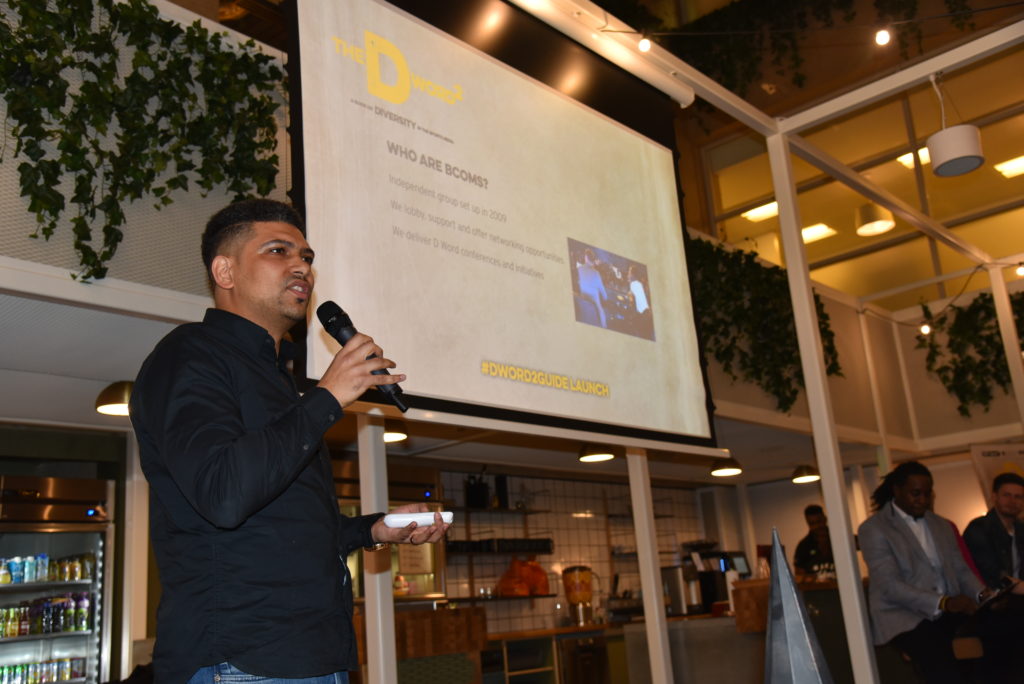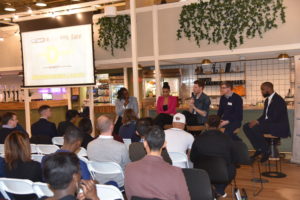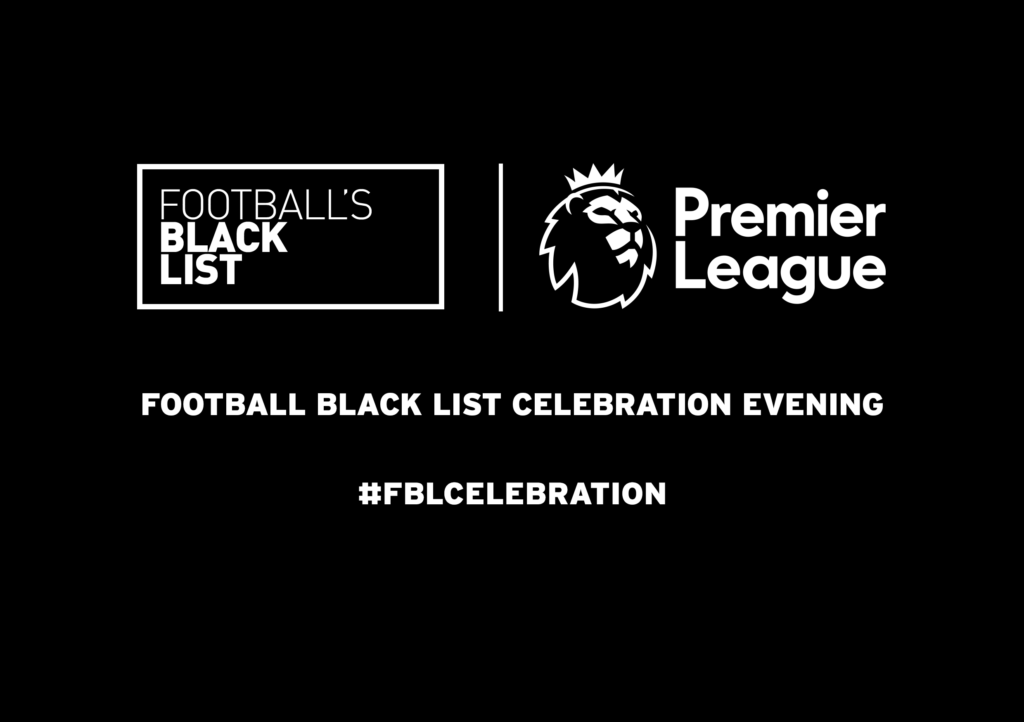Do you know who the most powerful black person is in English football? It’s not Rio Ferdinand, Didier Drogba or Ian Wright. Nor is it John Barnes or Thierry Henry. It’s a black woman by the name of Dame Heather Rabbatts who sits on The FA’s board.
And the most powerful black person in world football is arguably FIFA’s General Secretary, Fatma Samba Diouf Samoura – another hugely impressive woman.
At the Football Black List celebration we will highlight black women making waves in the industry.
Joining Dame Rabbatts on the 2016 list is Marcia Willis Stewart, the lead solicitor for the 76 families represented at the Hillsborough inquest, Samantha Johnson, TRT World’s sports correspondent, and Rachel Yankey OBE, the England legend turned broadcaster.
Multi- talented footballers Eniola Aluko and Alex Scott MBE, both highly respected in the sports media, football coach, Helen Nkwocha, and Arsenal in the Community worker, Celia Facey, complete the black female movers and shakers to be celebrated.
There are more encouraging signs. In the initiative’s Ones to Watch section four of the 10 listed are women, with broadcasters Mimi Fawaz and Jeanette Kwakye becoming increasingly visible in the sports media, while Hayley Bennett is tipped as a future senior administrator and Christina Oshodi’s great work continues to make a big impact at grassroots level.
On the face of it you could be led to believe that black women are well represented across the game – given the success of Rabbatts, Samoura and those on the 2016 list. But on the eve of the Football Black List celebration, I found myself looking back through the names honoured by the initiative since 2008 – and was disturbed by the lack of women.
Here are the stats. The first list published nine years ago had just two women on it from the 30 celebrated. Pretty abysmal. But more encouragingly, in 2016 we had eight women in the 30 listed.
The overall picture, however, is most concerning – with just 36 of the 285 spots across all the Football Black Lists going to women.
So why is this? Well, the under representation of women in the football industry is an issue full stop. And we know that black people are massively under represented across the sport, away playing. Marry the two issues together and the result is worrying to say the least. If you are black and female – it can be super tough to succeed.
When you consider the barriers black women face, it makes the achievements of the women on the lists even more remarkable.
And this is why the Football Black List celebration is really important – as I hope by highlighting these incredible women we will encourage many more to follow in their footsteps, smashing through the barriers of exclusion. Let’s not wait for this to get better with time. It’s time to act with urgency.
————
The Football Black List celebration, supported by The Premier League, takes place ion the 28 March in London.



